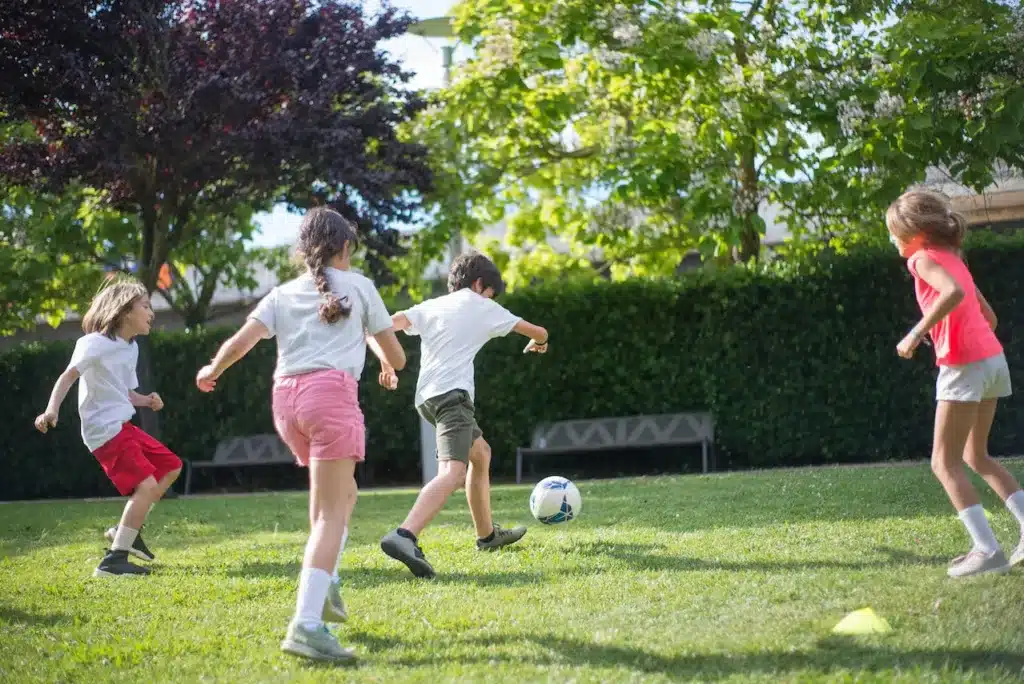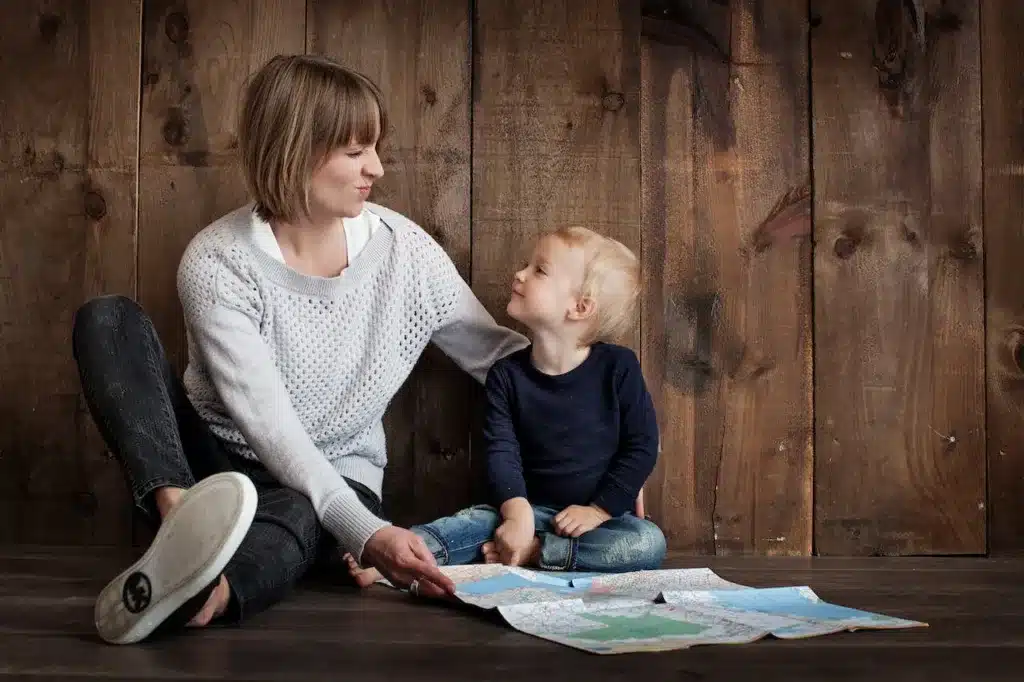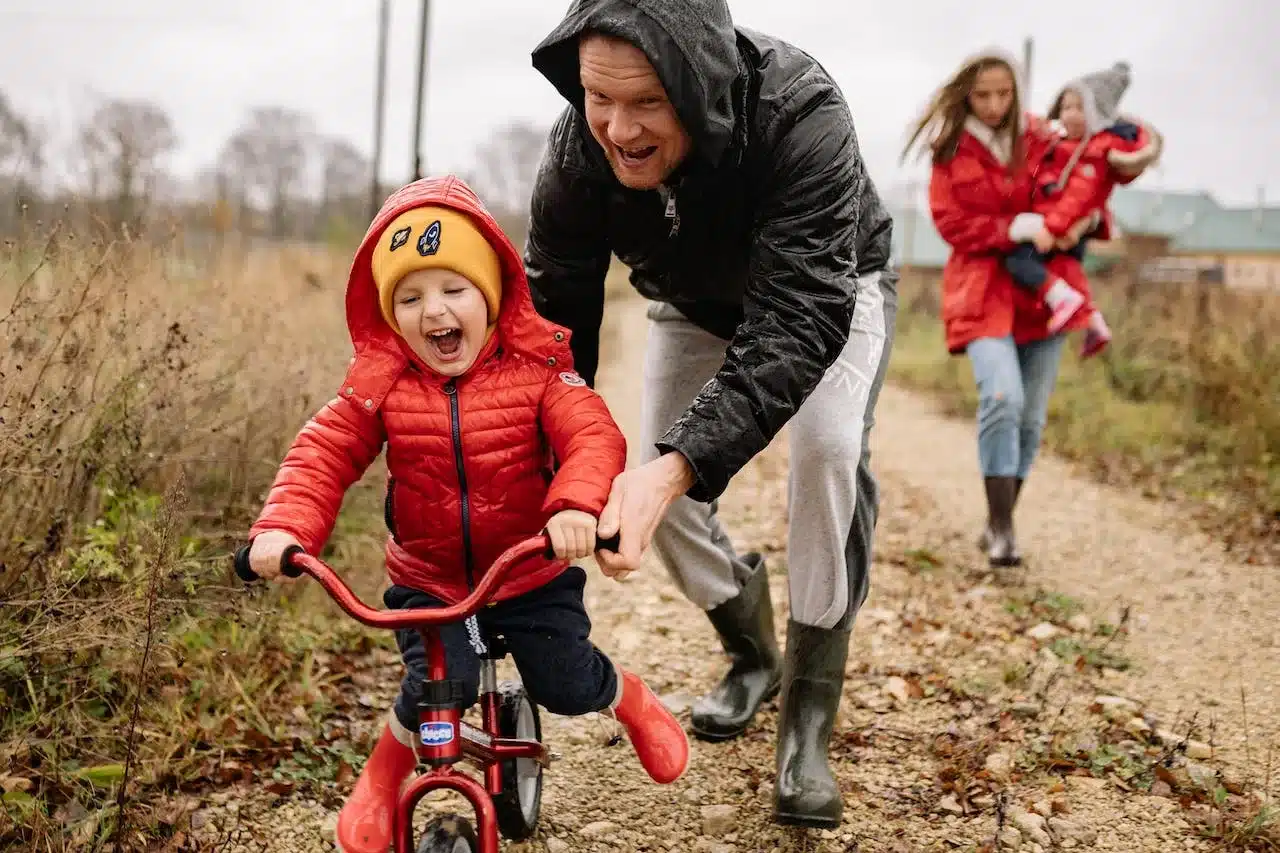Self esteem activities for kids are critical to a child’s development, shaping their confidence, resilience, and overall well-being. As parents, we are responsible for promoting and nurturing our children’s confidence.
By understanding the connection between self esteem and kids’ development, we can better support their emotional growth. High self esteem has numerous benefits, including improved academic performance, better social relationships, and increased motivation. Conversely, low self-esteem can hinder a child’s progress, leading to self-doubt, fear of failure, and self-limiting beliefs.
One effective way to build self esteem in children is through play. Engaging and interactive activities allow children to explore, create, and problem-solve. Parents can discover and incorporate various activities that build self esteem into their children’s playtime. This helps them to raise children who are confident and emotionally balanced.
There are many different types of self esteem activities for kids, including:
- Team-building activities
- Individual creative expressions
- Problem-solving activities
- Physical activities
This article provides explanations, guidelines, and directions for each activity to help parents implement them effectively. We offer tips on introducing these activities to kids, making them more engaging, and creating a safe and supportive environment. Parental involvement is crucial in boosting children’s self esteem, and we will discuss strategies for parents to actively participate and support their kids during these activities.
Self esteem activities for kids play a vital role in their emotional development. By incorporating these activities into their lives, parents can help their children build confidence, resilience, and a positive sense of self. We encourage parents to try these activities with their kids and explore our online parenting classes to enhance their parenting skills further. Together, we can raise balanced children with high self esteem.
The Role of Play in Building High Self Esteem
A child’s playtime is more than a break from their daily routines or homework. Instead, it is a critical aspect of their growth and development. Children learn essential life skills through imaginative scenarios and fun games, express their thoughts and emotions, and, more importantly, build their self esteem.
How Play Enhances Self Esteem
Play is an ideal platform where children can achieve, learn, and grow. As children navigate their way through challenging games or puzzles, they experience a sense of accomplishment, which builds their confidence and self esteem. Play allows children to explore their identities, abilities, and interests, helping them develop a strong sense of self.
Through imaginative play like role-playing games, kids can experiment with different roles, scenarios, and outcomes and express their feelings without feeling judged or embarrassed. This freedom to explore and express helps children value their unique abilities, thoughts, and emotions, further strengthening their self esteem.
Engaging in physical play activities like running, jumping, or playing sports can help children improve their physical skills and abilities, contributing to their self esteem. As they witness their progress and improvements, their belief in their abilities strengthens, leading to higher self esteem.

Credit: Pexels
Playtime also offers children a safe space to navigate failures and successes. As they overcome challenges in their games or activities, they internalize that failures are not setbacks but stepping stones to success. This perspective empowers them to face future challenges with optimism and resilience, thus enhancing their self esteem.
Moreover, play also serves as a mirror for children to reflect on their emotions and thoughts. It helps them understand and manage their feelings more effectively, which is crucial in building self esteem. Children learn to value their emotional experiences by recognizing and acknowledging their feelings, which forms a key part of their self concept and identity.
👉 Unlock the power of positive parenting! Read this article: ‘Things Parents Shouldn’t Say to Their Child.‘ Your words matter – learn how to nurture your child’s confidence today!
The Importance of Incorporating Self Esteem Activities for Kids in Playtime
Incorporating self-esteem activities into playtime can make the process of building self esteem enjoyable and natural for kids. These activities are designed to help children realize their potential, handle failures, appreciate their strengths, and accept their weaknesses.
By integrating these activities into their regular play routines, children can continuously work on their self esteem while engaging in their favorite pastimes. Moreover, these activities allow children to learn about empathy, teamwork, resilience, and other valuable skills that further enhance their self esteem.
Thus, playtime is not just fun and games; it is an opportunity to instill healthy self-regard and confidence in kids. By strategically incorporating self esteem activities into playtime, we can turn it into a powerful tool that helps our children grow emotionally and socially.
Types of Self-Esteem Boosting Activities for Kids
Numerous self esteem activities for kids can be incorporated into their playtime. These activities are designed to be fun and engaging, helping children develop a positive self-image and confidence.
1. Team-Building Activities
Team-building activities encourage children to work together, foster empathy, and promote a sense of belonging. These activities teach kids that each team member plays a unique and important role and that collective success depends on individual contributions.
Games such as football or “Tug of War” or maybe a simple relay race can promote teamwork. For indoor activities, “Build a Tower” using items around the house can imbue a sense of team spirit and cooperation.

Credit: Pexels
2. Individual Creative Expressions
Activities that promote creative expression can help children explore their talents and potential. Drawing, painting, storytelling, or playing a musical instrument not only promotes creativity but also provides children with an outlet to express themselves.
Parents can support their children’s creative expressions by providing the necessary tools and materials and appreciating their creations, thereby helping the children develop a sense of pride in their abilities.
3. Problem-Solving Activities
Problem-solving activities help children develop critical thinking skills and resilience. Activities like puzzles, riddles, or strategy games can challenge children, teaching them tenacity and the ability to handle failure.
By engaging in problem-solving activities, children can take on challenges and discover their ability to devise and execute solutions. Overcoming obstacles and solving problems can lead to great achievement and satisfaction. This feeling of accomplishment fuels their self-confidence and self-worth, positively influencing their self esteem.
When kids understand that failure is just a part of the process and not a reflection of their capabilities, they become more resilient and will likely approach future problems with optimism and courage. Thus, problem-solving activities contribute significantly to the development of children’s self esteem by enhancing their problem-solving skills, resilience, and sense of self-efficacy.
4. Physical Activities
Engaging in physical activities like sports or dance can improve children’s body awareness and coordination. When milestones and improvements are celebrated, physical activities can significantly boost a child’s self esteem.
Physical activities, such as sports or dance, require effort, dedication, and practice. Overcoming challenges in these activities can demonstrate to children their ability to succeed through hard work. Additionally, as they see their skills improve over time, children can observe visible proof of their progress. This encourages a sense of competence and achievement.
Physical accomplishments can immensely enhance a child’s self esteem as they understand that they can set and reach goals. Also, playing sports or engaging in dance can provide a social context where children can forge friendships, understand the importance of teamwork, and learn to navigate social situations, all of which build their self esteem further.

Credit: Pexels
Tips to Implement These Self Esteem Activities
Introducing new activities to kids can be a challenge. Here are some tips on how to make these activities more engaging and to create a safe and supportive environment:
- Start by choosing activities that align with your child’s interests to pique their curiosity.
- Make the activities fun and game-like instead of task-oriented.
- Provide positive reinforcement and constructive feedback.
- Ensure the environment is non-competitive and focuses more on personal growth and enjoyment.
The role of parents is crucial in developing a child’s self esteem. Parents can provide the necessary support, encouragement, and guidance during these activities, helping children feel more secure and confident.
Best Practices for Parents During Self Esteem Activities
The best way to interact with your child and engage during a self esteem activity will differ with each child and each activity. Here are a few tips to optimize the outcomes of self esteem activities.
Actively Participate
Actively participate in activities with your children. For instance, join them in their games, assist them in solving puzzles, or even cheer them during physical activity. Your engagement not only provides a boost to their self esteem but also strengthens your bond with them.
It’s also important to understand their perspective. Listen attentively when they talk about their experiences or share their thoughts about the activities. Your genuine interest in knowing their views and feelings validates their sense of worth and boosts their self-confidence.
Give Feedback
Provide meaningful praise and constructive criticism. Remember to specifically highlight what they did well and where there’s room for improvement. This approach will help them understand their strengths and areas they need to work on, promoting a growth mindset. Offering specific praise rather than generic compliments can make your praise more effective and meaningful. For example, instead of saying, “Great job,” you could say, “I noticed how patient you were while solving that puzzle. That’s a great problem-solving skill to have!”
When giving criticism, make sure it’s constructive and helpful. Frame your feedback to focus on the effort and improvement rather than the end result. For instance, instead of saying, “You didn’t draw the house very well,” say, “I see you’re working hard on your drawing. How about you try to draw the lines of the house a bit straighter next time?”
Show Empathy
Show empathy and understanding when your child encounters difficulties. When your child faces obstacles during these activities, it’s important to empathize with their struggle and let them know it’s okay to face difficulties. Encourage them to keep trying and assure them that everyone makes mistakes and it’s a part of learning. Show your pride in their perseverance and efforts, which can go a long way in boosting their self esteem. Your empathy and understanding will give them the comfort and assurance they need to deal with their challenges.
Provide Choices
Allowing your child to make choices in their activities can foster a sense of independence and self-confidence. For instance, let them choose the game they want to play, the colors they want to use in their drawings or the puzzle they want to solve.
This empowerment gives them the opportunity to take ownership of their decisions and actions, contributing positively to their self esteem. However, ensure that the choices are age-appropriate and align with the values and rules of your family to maintain a safe, nurturing environment.
Encourage Self-Expression
Giving your child the freedom to express themselves during these self-esteem-boosting activities is essential. Allow them to speak their minds, share their thoughts, and display their creativity without fearing judgment or rejection. This practice strengthens their self esteem and fosters a sense of self-identity and individuality.
👉 Support your child’s growth! Learn how to guide them through impulsive moments with our article: ‘Raising Resilient Children.’ Easy tips for building emotional strength – check it out!
Set Realistic Expectations
While it’s important to challenge your child, setting achievable goals is crucial for maintaining their motivation and self esteem. Realistic expectations provide a balance between being too easy, which might lead to boredom, and too difficult, which could result in frustration and loss of self-confidence. As they meet these expectations, they gain a sense of accomplishment that boosts their self esteem.
Celebrate Small Victories
Every success, no matter how small, deserves recognition. Celebrate your child’s achievements, even the minor ones, to boost their confidence and motivate them to continue making efforts. Celebrating small victories can make them feel proud, valued, and more confident in their abilities.
Build Self Esteem by Playing With Your Child
Incorporating self esteem activities into children’s playtime can significantly benefit their emotional and social development. These activities help children build a positive self-image, resilience, and certitude in their abilities. Actively involving parents in these activities ensures a safe and encouraging environment where children can explore, learn, and grow.
Remember, developing self esteem is a gradual process, and it’s normal for kids to experience ups and downs along the way. There will be days when your child exhibits high self esteem and days when you notice a dip. This is all part of the journey. Consistency, patience, and a non-judgmental environment are key to nurturing their self esteem over time. Regularly including these enjoyable and educational self esteem activities in your child’s routine can significantly impact fostering a positive and resilient mindset.
Explore our online parenting classes to learn more about fostering a child’s self esteem. Our resources can further equip you with the necessary skills to raise a balanced child with self-belief.
Seeking parenting guidance? Meet Sophie, our clever AI assistant. Feel free to ask any questions – she’s here to assist!
References
American Academy of Child & Adolescent Psychiatry. (n.d.). Chores and Children; https://www.aacap.org/AACAP/Families_and_Youth/Facts_for_Families/FFF-Guide/Chores_and_Children-125.aspx
Anthony, D.B. (2007). Social acceptance and self-esteem: tunning the sociometer to interpersonal value. Thesis for the degree of Doctor of Philosophy in Psychology University of Waterloo. https://uwspace.uwaterloo.ca/bitstream/handle/10012/3008/Anthony_dissertation.pdf;sequence=1
Treisman, Joel H. (2019). Are All Happy Families Alike? Conceptualizing a Dashboard of Family Flourishing. Master of Applied Positive Psychology (MAPP) Capstone Projects. 225. https://repository.upenn.edu/mapp_capstone/225/









